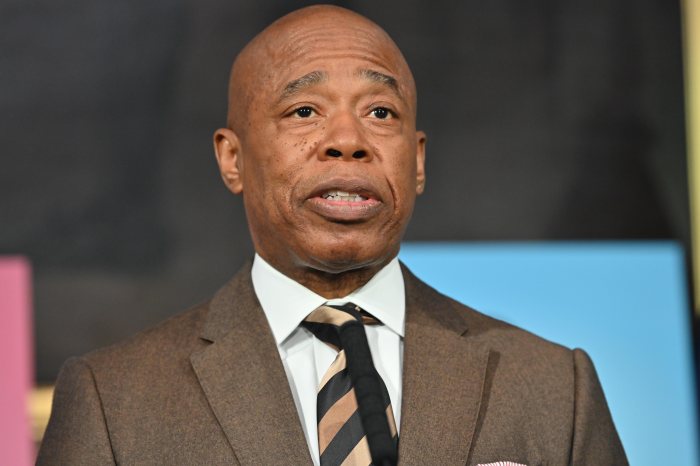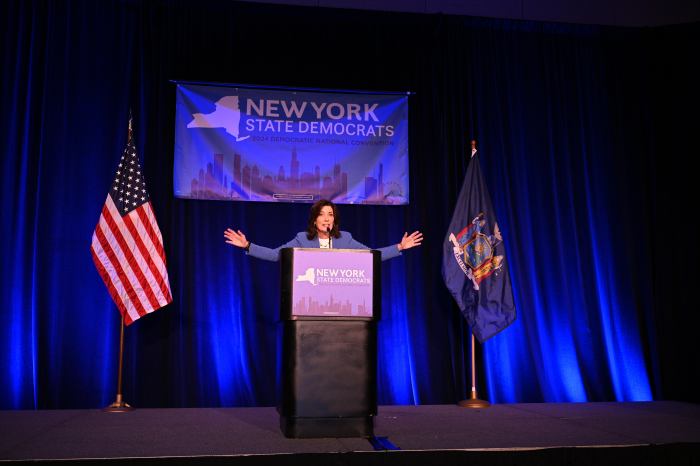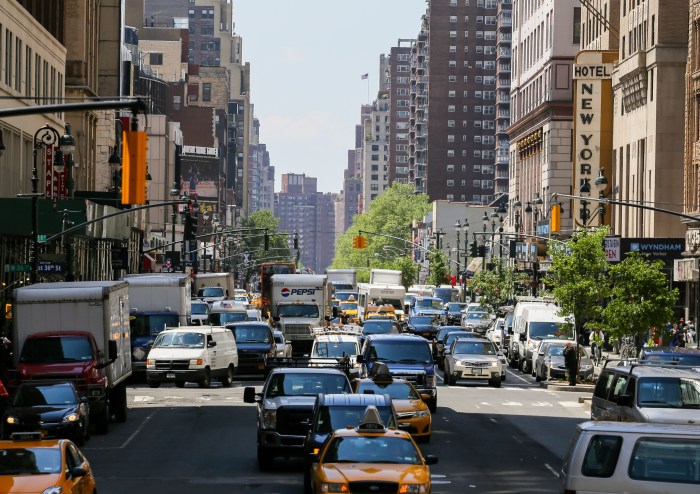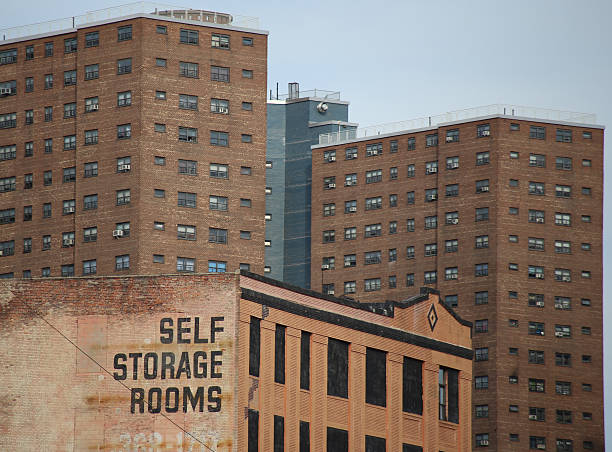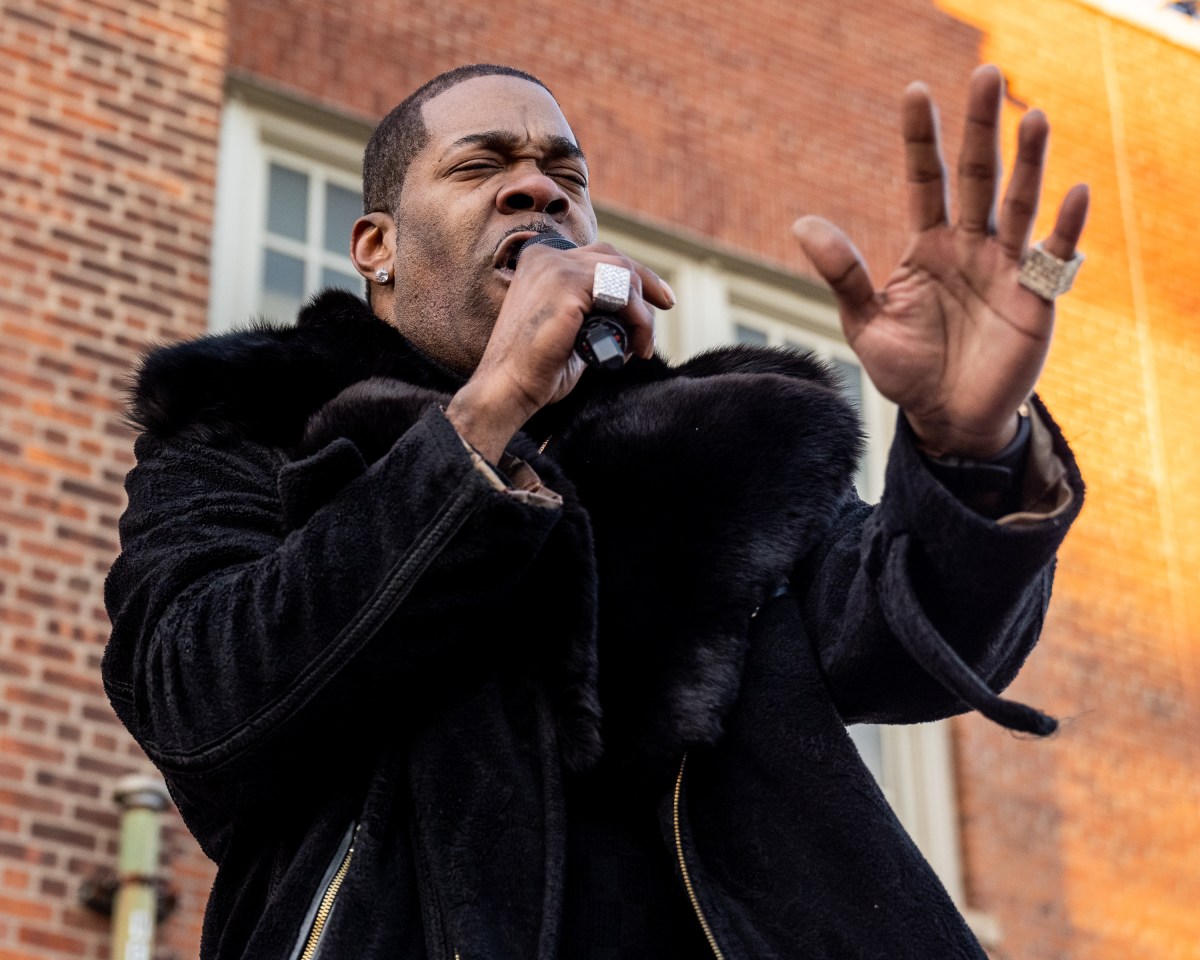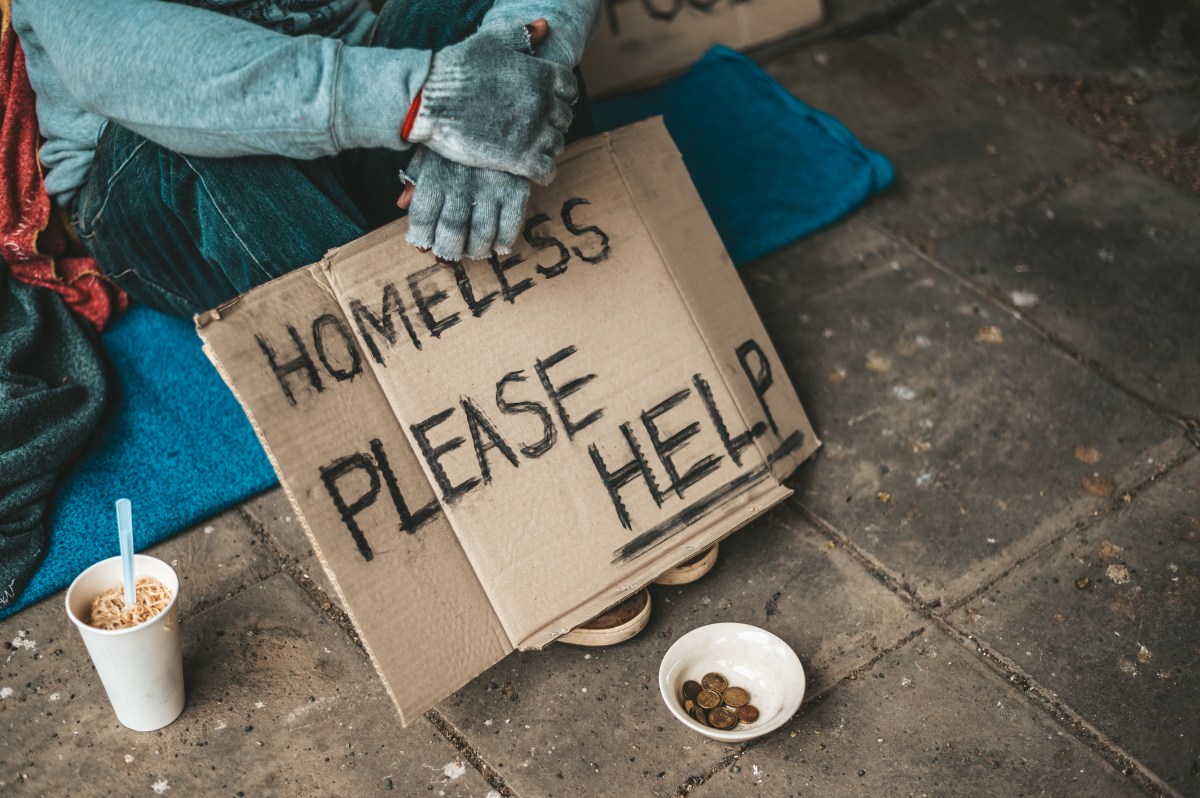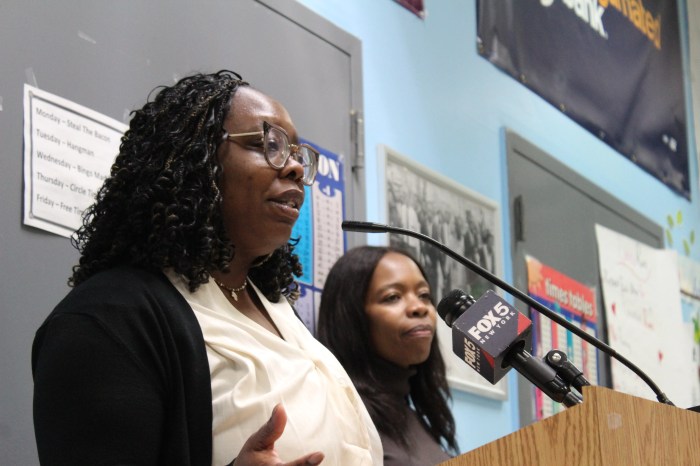
Mayor Bill de Blasio’s plan to close Rikers Island, which has been condemned as a repository of human suffering and brutality, is taking another step forward.
A monthslong Uniform Land Use Review Procedure now begins as city officials seek to build four borough jails they say will mitigate the suffering — while maintaining the ability to incarcerate.
The movement to close Rikers has come a long way. Fueled by grassroots organizing and people who’ve been affected by its horrors, the movement became a plan that gained favor with elected officials and even a judge. Very few who attended anti-Rikers protests a few years back advocated for the creation of new jails, but they’re now part of the plan.
As calls to end our country’s addiction to mass incarceration have become more mainstream, a growing debate among social justice activists poses a question to all New Yorkers: Is this an opportunity to rethink criminal justice, or will we just continue mass incarcerating in different, albeit smaller, buildings?
It’s important to point out that there no guarantees Rikers will close in the 10-year timeline proposed by Mayor Bill de Blasio. (We’ll have a new mayor.) Post-Amazon, nothing should seem inevitable.
Mass incarceration isn’t inevitable, either. While reforms are better late than never, virtually all experts also remind us how the criminal justice system is stacked against mostly poor people of color. In fact, the bipartisan fervor in which mass incarceration politics produced these systems still casts a long shadow over how we look at jailing others.
How many people we incarcerate is a political choice. City officials have proved as much, perhaps inadvertently, when they pat themselves on the back for reducing arrests as crime continues to decline.
While many acknowledge that we can’t arrest our way out of our problems, building new jails hedges against that. Advocates who accept, if grudgingly, new jails as a step toward closing Rikers have a strategic vision of a net reduction of incarceration, which is important. However, “no new jails” activists ask us to go further by arguing that funds should instead go toward social investment in communities where incarceration rates are highest.
Ultimately, how we close Rikers is as important as whether we close it. Those details will shape the city’s legacy.
Josmar Trujillo is a trainer, writer and activist.



